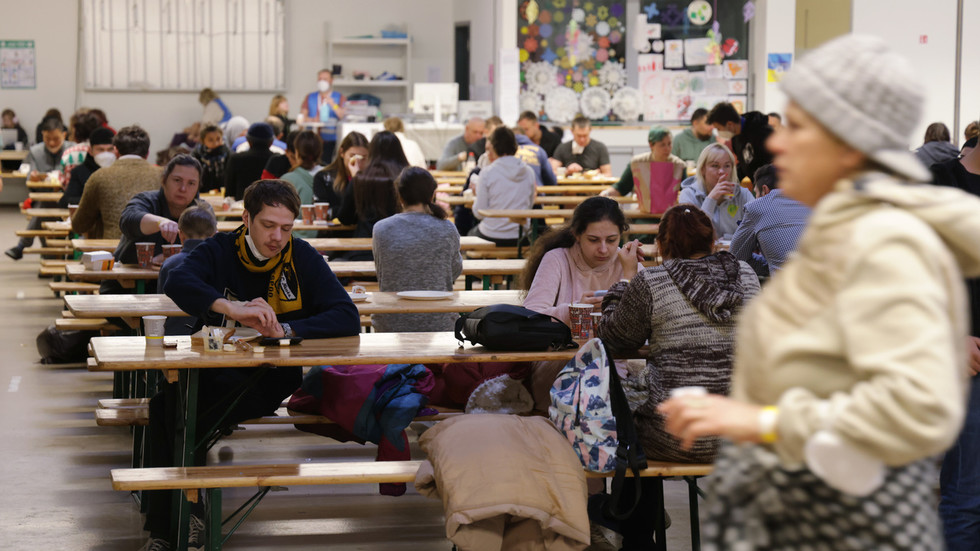In the Bavarian resort town of Bad Griesbach, Mayor Jurgen Fundke has openly expressed his reluctance to accept new Ukrainian refugees, citing concerns about the disproportionate burden his community has faced due to the influx of migrants. In recent statements reported by local media, Fundke articulated his position following ongoing tensions with the Passau district authorities. He argues that his town has already absorbed an excessive number of newcomers and has directed local officials to cease their registration. He clarified that this stance is not rooted in xenophobia; rather, he emphasized the need for a more equitable distribution of refugees across various towns and communities to alleviate the pressure on any one location.
The challenges Bad Griesbach is experiencing are echoed in the areas of education and housing. Mayor Fundke pointed out that local schools and kindergartens are now at full capacity, limiting any further accommodation for additional refugees. This situation escalated when the proposal to house nearly 40 more asylum-seekers in a former hotel, which was already serving around 100 Ukrainian refugees, emerged, proving to be the tipping point for the mayor. Fundke’s concerns reflect a broader sentiment in communities that are trying to cope with a growing number of displaced individuals in times of crisis, further complicating local resources and services.
The Passau district authorities have reacted strongly to Fundke’s refusal, emphasizing their obligation to provide adequate shelter for those fleeing war and violence. A spokesman for the administration acknowledged the challenges but underlined the legal requirements faced by local governments. The district has threatened potential consequences for Fundke’s non-compliance, showcasing the tension that can arise between local leaders and higher authorities in managing the refugee crisis. Additionally, a city hall manager revealed that the district could step in to ensure registration processes proceed as required, hinting at possible intervention.
Germany has become the primary destination for Ukrainian refugees in the European Union, with nearly 1.2 million individuals arriving by June 2024. This figure is significantly higher than that of Poland, which has taken in over 950,000 Ukrainians. The influx is part of a broader trend where Germany also continues to welcome migrants from various regions, including the Middle East and Africa, resulting in total refugee arrival numbers reaching 2.67 million and 1.93 million in 2022 and 2023, respectively. This situation illustrates the complex dynamics of international migration and the varying capacities of localities within Germany to accommodate such populations.
Against this backdrop, Fundke’s appeal for a fairer distribution of refugees resonates with other local leaders who may struggle with similar issues of overcrowding and resource allocation. The narrow balance between compassion for those in need and the practical limitations of small towns highlights a dilemma faced across Europe amid ongoing humanitarian crises. While many communities wish to assist refugees, there are growing sentiments of frustration when they perceive an imbalance in the responsibilities assigned to them versus larger urban areas that may have more resources.
Overall, the situation in Bad Griesbach encapsulates not only the burden faced by local governments dealing with high numbers of migrants but also the urgent need for systemic solutions that acknowledge the varied capacities of communities to support displaced populations. Mayor Jurgen Fundke’s stance reflects a challenge that is likely to persist as Europe continues to grapple with refugee inflows, emphasizing the importance of collaborative approaches to ensure equitable support for both refugees and the communities that host them.

